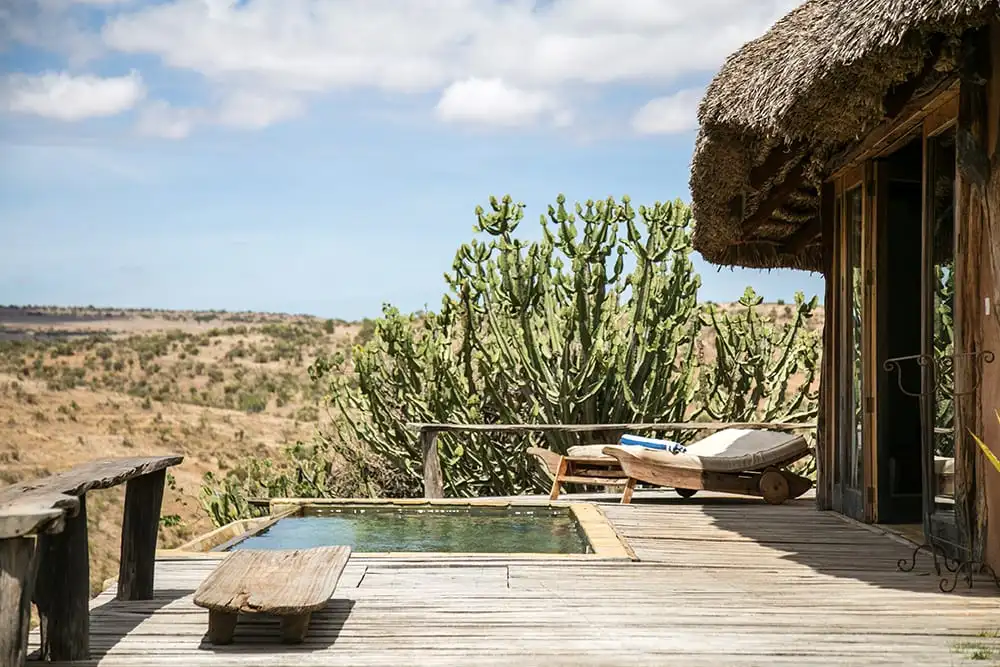Regenerative Travel has published a white paper revealing a ‘climate action plan’ for tourism via the ‘power of communities and nature’. Jenny Southan reports
Given that travel and tourism is far from sustainable yet, a lot of work has to be done to reduce its negative impact on the planet. Regenerative Travel, a “benefit corporation” and collection of independent hotels and lodges committed to regenerative hospitality, is attempting to tackle this problem head on.
In its new white paper, which has been produced in partnership with the University of Edinburgh and sustainable tourism marketing and tourism consulting firm Solimar International, it outlines how travel businesses making a “regenerative shift” will place greater value on human wellbeing and nature through a holistic, place-based, community-led, and environment-centred approach. (You can download the white paper here.) Co-author and senior sustainability consultant, O’Shannon Burns, says: “A growing number of travel businesses are acknowledging the important role they can and must play if we as a sector are to effectively address the climate crisis. But tourism has lagged behind other industries and we need to quickly build stakeholders’ capacity to evaluate impacts and solutions. The white paper seeks to shine a light on the important role nature can play and to identify which factors make nature-based solutions to climate change successful, or not.”
Co-author and senior sustainability consultant, O’Shannon Burns, says: “A growing number of travel businesses are acknowledging the important role they can and must play if we as a sector are to effectively address the climate crisis. But tourism has lagged behind other industries and we need to quickly build stakeholders’ capacity to evaluate impacts and solutions. The white paper seeks to shine a light on the important role nature can play and to identify which factors make nature-based solutions to climate change successful, or not.”
The report highlights a range of innovative hotels around the world that are leading the way when it comes to regenerative travel. These include: Blue Apple Beach, Playa Viva (pictured top), the Datai Langkawi, Finca Rose Blanca, Playa Viva, Six Senses Laamu Atoll (pictured above), the Brando and Borana Conservancy (pictured below).
Amanda Ho, co-founder and CEO of Regenerative Travel, expalains that the white paper has been designed to act as a “useful framework for small businesses seeking to take climate action through regeneration”. (Apparently, 80 per cent of the tourism sector is composed of small- and medium-sized enterprises).
Five principles for developing effective nature-based solutions in the tourism sector
1. Put community needs first

2. Improve ecosystem integrity and biodiversity
3. Embrace diverse and inclusive business models
4. Develop transparent governance structures accountable to all stakeholders
5. Enhance regenerative partnerships
(Nature-based Solutions (NbS) are defined as actions that protect, sustainably manage, and restore nature while simultaneously addressing societal challenges – such as unemployment, hunger, drought, poverty, or
affordable housing.)
The report states: “NbS play a vital role in both greenhouse gas emissions reduction and climate change adaptation. Recent research suggests that by 2030, NbS could contirbute 30-37 per cent of the cost-effective mitigation required to limit warming to 2ºC.”
Download the Climate Action Through Regeneration white paper

